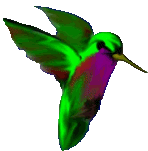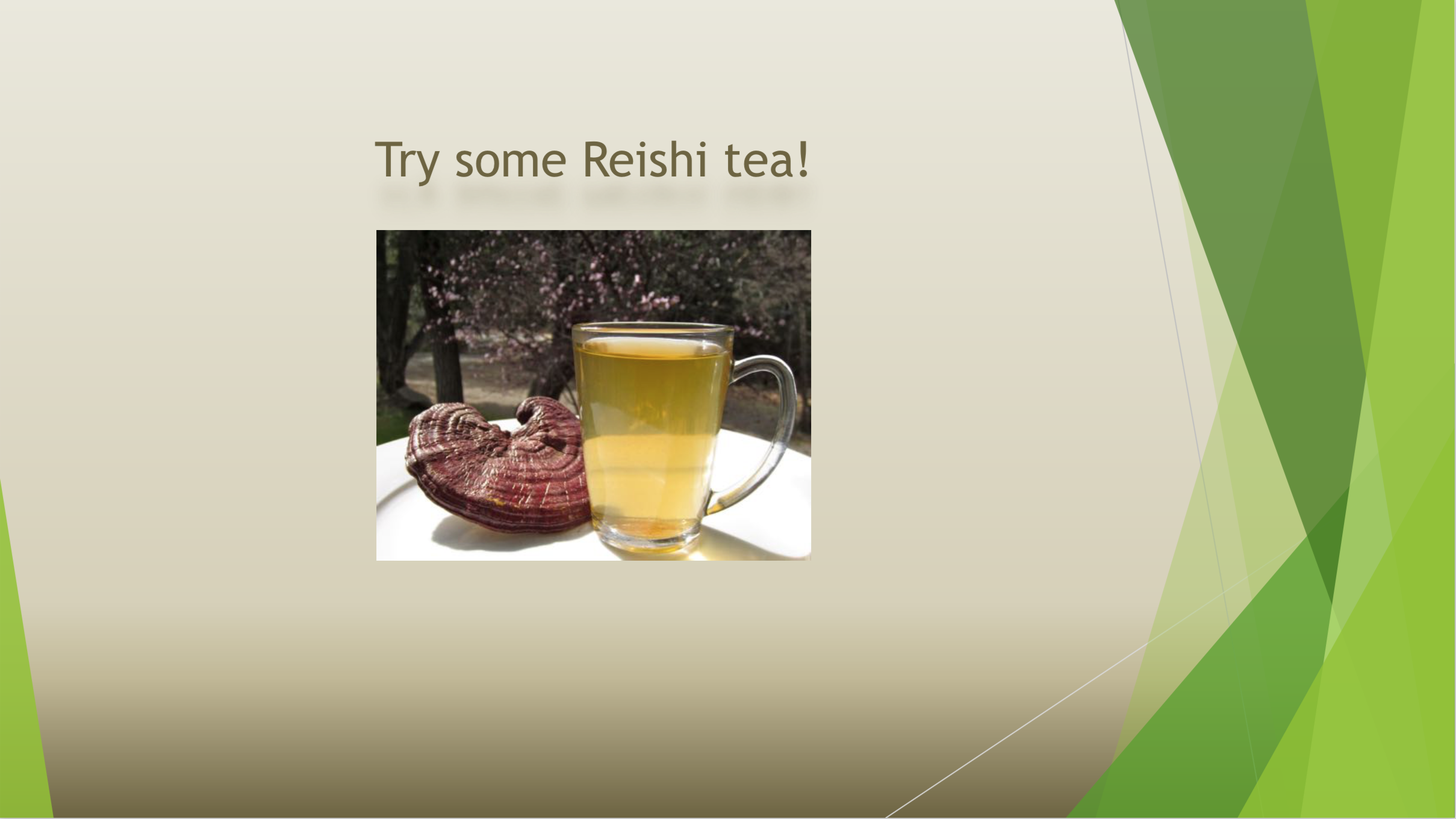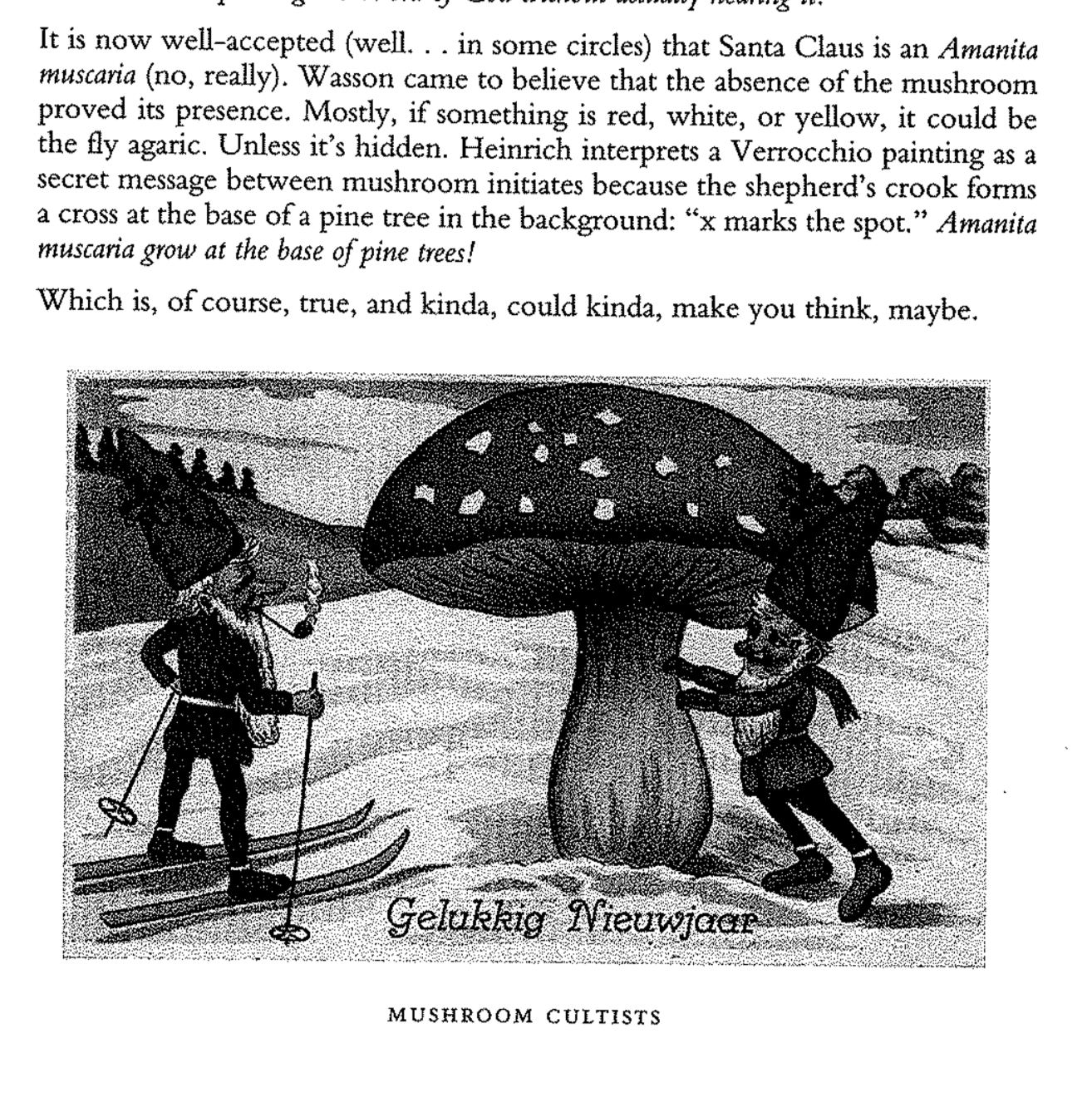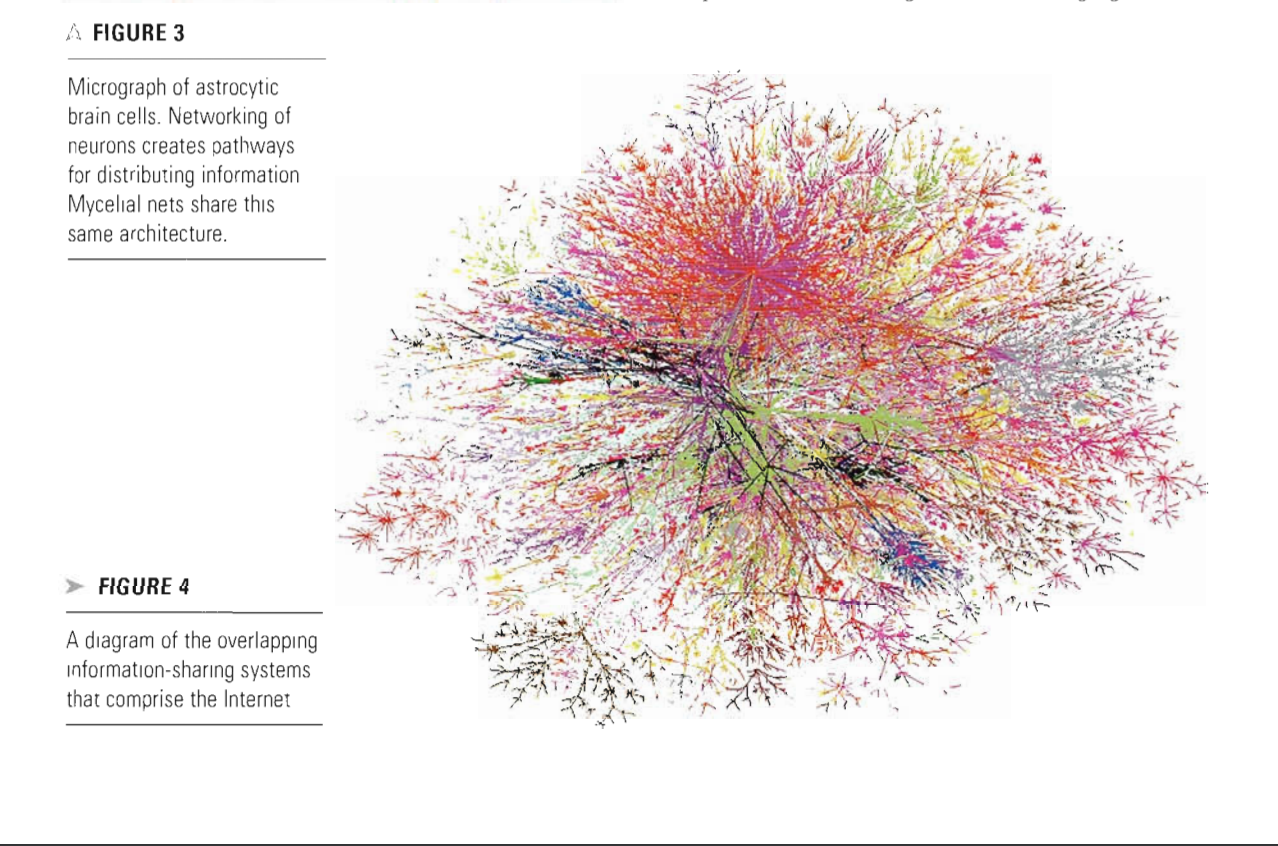Final Presentation:
"Medicinal Properties of Reishi & An Experiment in Growing and Using Reishi Mushrooms for Immunity"
Slide 2
Slide 3
Slide 4
Slide 7
Slide 13
Download the full PowerPoint presentation PDF here (does not include the Reishi tea, which was poured in class.)
Links cited:
Video: Health Benefits of Reishi Mushroom
https://www.youtube.com/watch?v=vm33bzTa8u4
Definition: Polysaccharide
https://biologydictionary.net/polysaccharide/
Reishi extract:
https://nyishar.com/reishi-dual-extract/
Reishi supplements:
https://hostdefense.com/collections/daily-wellness/products/reishi-capsules
https://www.amazon.com/Mushroom-Defense-Formula-Medicinal-Mushrooms/
https://www.amazon.com/Bulksupplements-Reishi-Mushroom-Extract-Powder/
https://www.amazon.com/Nature-Restore-Organic-Mushroom-Non-GMO/
Video: Mushroom Powders Vs. Extracts
https://www.youtube.com/watch?v=gzoPoAx9Zuw
Reishi Mushroom Kit that I ordered:
https://www.amazon.com/Reishi-Mushroom-Kit-Growing-Mushrooms/
Reishi Mushroom Tea Recipe:
https://www.mushroom-appreciation.com/mushroom-tea.html
Further research:
http://www.reishi.com/faq.htm
http://www.fungi.com/
During this presentation I also explained that part of my final will be to experiment with growing Reishi mushrooms on my own. I ordered a kit, and plan to start it in May after this semester ends. I also explained how I used to get bronchitis every year my whole life, and that since using mushroom immunity pills (which include a variety of mushrooms as well as Reishi) for maintenance, I haven't gotten bronchitis in 3 years.
I would like to start regularly using and processing dried whole Reishi mushrooms in tea or tincture form (eventually incorporating in the Reishi that I grow myself) to use every day instead of taking the mushroom immunity pills for daily maintenance. Overall I think it will be cheaper and more sustainable to incorporate into a daily routine.
Also, a note on our mycelium growing project:
I am continuing to try to spore my mycelium experiment from class, though it appears to be stuck where it was. The spores are not spreading beyond the middle layer of the tupperware container I chose to house it in. I allowed more oxygen in but no further growth has appeared. I was definitely inspired to also make an art object inspired by it but focusing on Reishi seemed to be closer to my heart for this project, and I most likely would not have thought of trying to grow my own if it were not for this class and our experience with growing mycelium.
I think if I had focused on an art object I would have perhaps turned my piece into a plant holder or something practical that could live in my home to remind me of mycelium and its ways. However I think the readings and work in this class has solidified that I will be thinking about mycelium in relation to many things from now on.












